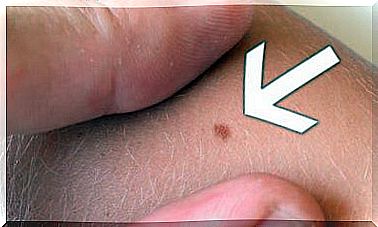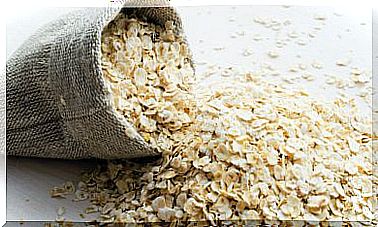Maitake Mushroom: Properties And Relationship With Cancer
The maitake mushroom ( Grifola frondosa) grows in clusters at the base of trees, especially oak. It is commonly known as “hen of the woods”, or “ram’s head”.
Although it has a prominent role in Asian (and especially Japanese) gastronomy for a long time, today it is known and consumed throughout the world for other reasons.
Since it became known that this mushroom has been highly appreciated by traditional Asian medicine, as noted by Carlos Illana Estebam, author of the study entitled : “The maitake mushroom (Grifola frondosa) and its therapeutic potential” , many people were curious and, therefore, began to investigate it in the laboratory .
The search for the anticancer potential of the maitake mushroom continues
As traditional Japanese medicine has attributed some medicinal properties to it, in recent years there have been people who have suggested that perhaps the maitake mushroom has anticancer potential.
For this reason, various investigations have been carried out to determine if this idea coincided with reality and, if so, how it could be exploited.
Like typical mushrooms, this mushroom can be consumed in different ways. However, when it is intended to care for or improve health, there are those who consume it in capsule form, as a dietary supplement.

For example, in 2009 a study was published entitled: “A phase I / II trial of a polysaccharide extract of Grifola frondosa (maitake mushroom) in patients with breast cancer: immunological effects” , the following was concluded:
- Oral administration of a polysaccharide extract of the maitake mushroom is associated with measurable both immunological and inhibitory effects in the peripheral blood.
- Cancer patients should be aware of the fact that botanicals produce more complex effects than can be seen in a study with a limited sample.
- Depending on the case, this extract can both depress and improve immune function.
It should also be noted that in human studies, chemotherapy and other cancer treatments were not dispensed with.
Scientific evidence is still lacking
In general terms, the following hypothesis was considered: maitake mushrooms would be beneficial because in their composition there is a beta-glucan polysaccharide (grifolan), which supposedly would have anticancer activity.
Therefore, it was believed that taking advantage of grifolan, it could block the growth of cancerous tumors and improve the immune function of patients.
Now, the experts at Cancer Care of Western New York clarify the following in relation to this issue:
They also clarify that, to date, there is no scientific evidence to affirm that maitake is effective for cancer or any other disease. Therefore, it is still necessary to continue deepening the investigations.
On the other hand, it is not necessary for patients to worry about including maitake mushrooms in their diet. It is best that you always follow the recommendations of your treating physician.

Contraindications
According to experts from the Susan G. Komen Foundation, no data has been recorded on interactions of shiitake mushrooms with other foods. However, the possibility of their occurrence should not be ruled out.
On the other hand, they comment that it has been observed that the consumption of this fungus can cause interactions when certain medications are taken, such as warfarin, antihypertensives and drugs for diabetes.
And since the scientific evidence on its effects on the body is still insufficient, it is best to consult with your doctor before starting to include it in the diet.
As with other food supplements, it is not recommended for pregnant or lactating women. Nor should it be administered to children and adolescents.









